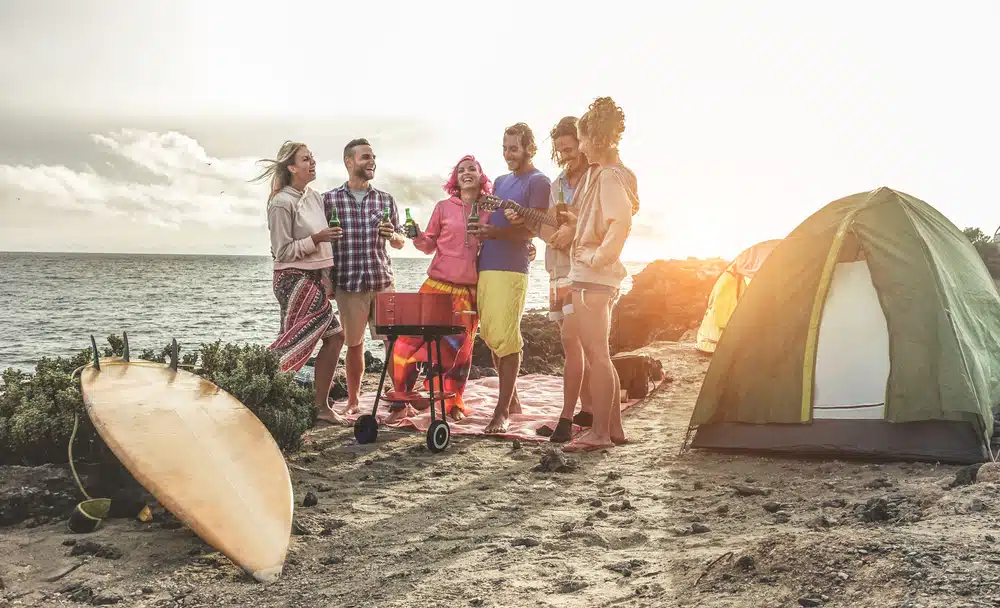Armona Island, a small destination off the southern coast of Portugal, is drawing increased interest from Spanish travelers and international media for its quiet beaches, low-impact tourism model, and car-free environment.
Located approximately 15 minutes by boat from the Algarve town of Olhão, the island has been spotlighted by outlets such as the Spanish edition of HuffPost, which referred to it as the “Portuguese Maldives” due to its white sands, turquoise waters, and tranquil atmosphere.
Unlike more commercial parts of the Algarve, Armona Island has maintained a reputation as a low-density, nature-integrated destination.
The island features minimal infrastructure and very limited motor vehicle access, allowing for a slower pace of life that appeals to families, couples, and tourists seeking alternatives to crowded resort areas.
Visitors move mainly by foot or bicycle, and much of the island’s infrastructure is focused on maintaining harmony with the surrounding ecosystem.
Central to the island’s outdoor tourism appeal is a small campground situated just meters from the beach.
Orbitur Ilha de Armona, the island’s primary campground, is a privately operated site managed by the Orbitur network, one of Portugal’s established outdoor hospitality groups.
Located just steps from the beach, the campground offers bungalows, camper pitches, and a range of amenities. As the island is car-free, access is limited to a short ferry ride from Olhão, emphasizing its appeal to travelers seeking low-impact, nature-centered stays.
The campground operates seasonally from late February through mid-October, with an additional reopening around New Year’s.
The facility has been described by HuffPost as “one of the most original in the world” due to its location and its balance between simplicity and essential comforts.
All units are equipped with WiFi, supporting travelers who wish to remain connected while enjoying a nature-focused stay. According to LNG in Northern BC, the park also features family-friendly amenities such as playgrounds, barbecue areas, and open recreational zones.
Outdoor activities on the island are diverse, including windsurfing, canoeing, diving, and boat excursions, many of which are offered by local operators focused on preserving the Ria Formosa lagoon ecosystem.
These low-impact experiences align with the island’s broader commitment to sustainable tourism, where vehicle restrictions and ecological conservation efforts are considered key pillars.
Armona’s distinct blend of seclusion, accessibility, and environmental awareness presents an opportunity for outdoor hospitality operators to study a model of minimalist, sustainable development.
Its appeal to media outlets outside Portugal also signals potential for similar lesser-known locations to capture attention in an increasingly experience-driven travel economy.
While there are no large-scale tourism events scheduled on the island, its growing profile, especially during peak travel months like July and August, could have implications for future investment or regulation in the area.
For businesses in the outdoor hospitality sector, Armona serves as an example of how simplicity, sustainability, and location can work together to create demand even in less-developed locales.


